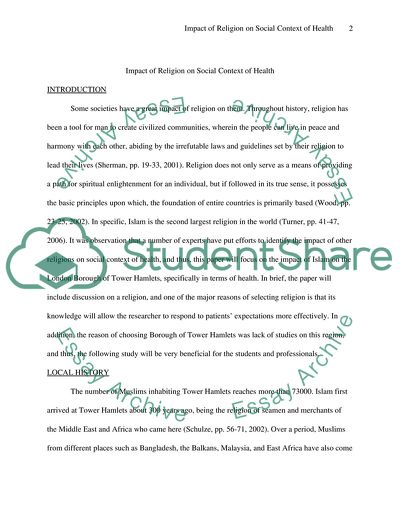Cite this document
(Impact of Religion in Social Context of Health Term Paper, n.d.)
Impact of Religion in Social Context of Health Term Paper. Retrieved from https://studentshare.org/religion-and-theology/1742142-impact-of-religion-in-social-context-of-health
Impact of Religion in Social Context of Health Term Paper. Retrieved from https://studentshare.org/religion-and-theology/1742142-impact-of-religion-in-social-context-of-health
(Impact of Religion in Social Context of Health Term Paper)
Impact of Religion in Social Context of Health Term Paper. https://studentshare.org/religion-and-theology/1742142-impact-of-religion-in-social-context-of-health.
Impact of Religion in Social Context of Health Term Paper. https://studentshare.org/religion-and-theology/1742142-impact-of-religion-in-social-context-of-health.
“Impact of Religion in Social Context of Health Term Paper”, n.d. https://studentshare.org/religion-and-theology/1742142-impact-of-religion-in-social-context-of-health.


